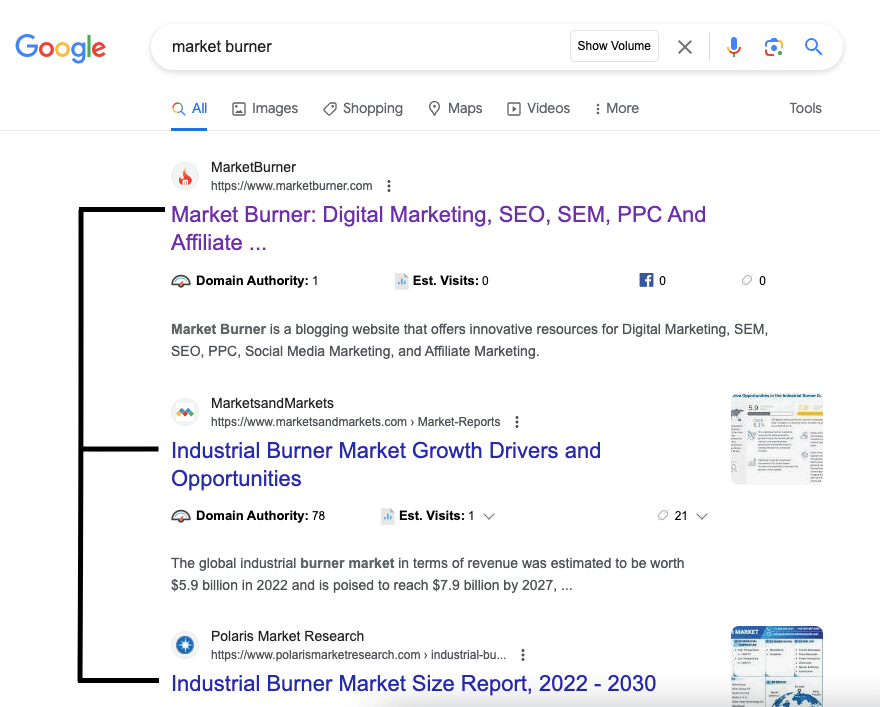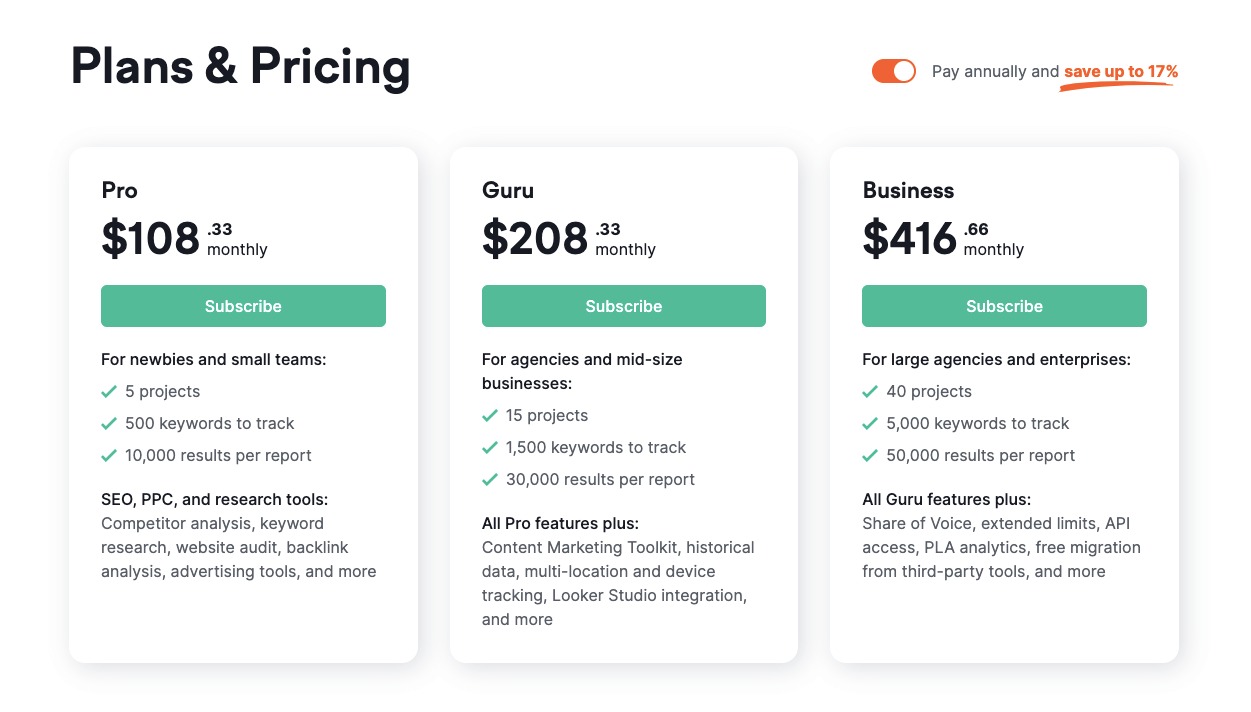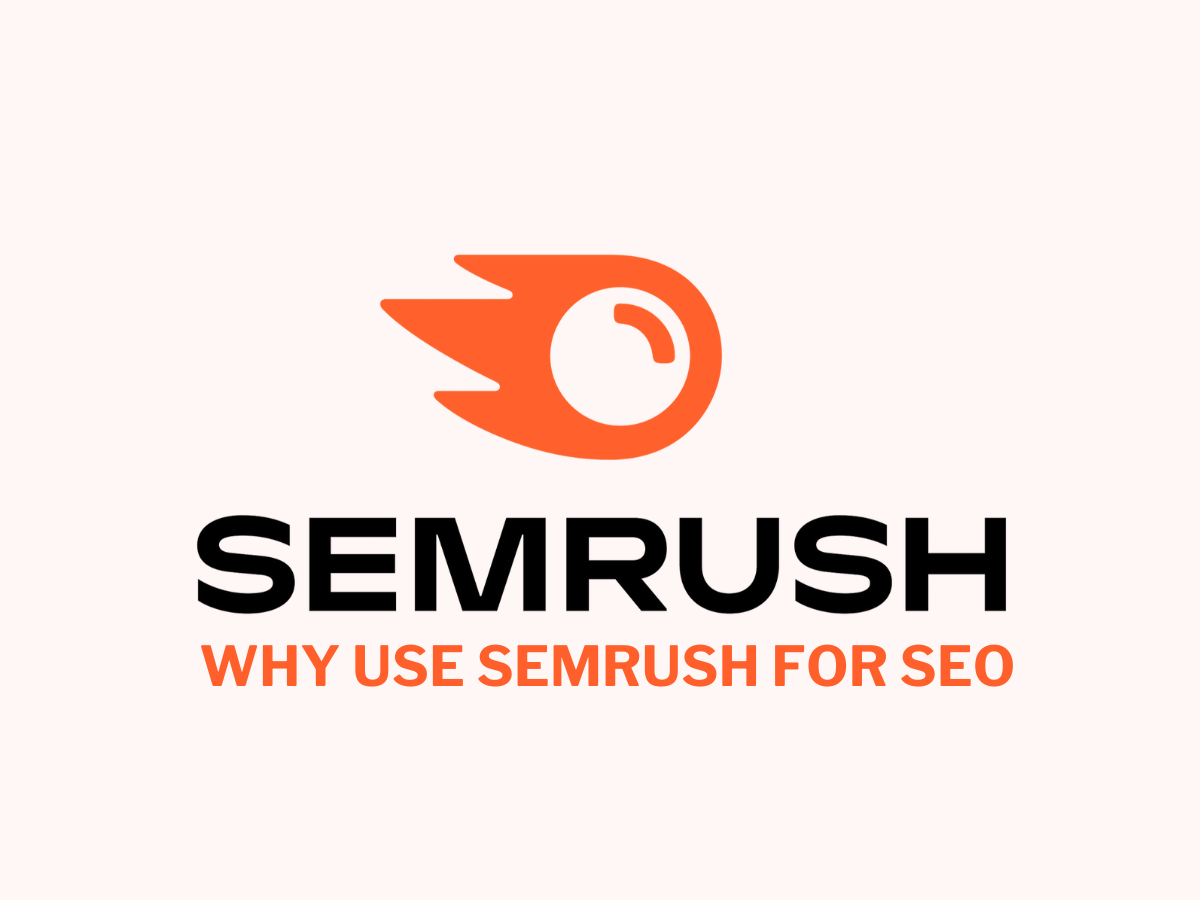What is an SEO?
SEO stands for “Search Engine Optimization” It's like the secret sauce that helps websites show up when you search for something online. For example: If you search for “market burner” on Google or Bing, the results on the screen in front of you would be like this

The position of information on Google's search results depends on the SEO of the keyword, domain, and content you're seeking. If the SEO isn't done effectively, your website or content could end up at the bottom of Google Search, making it less likely to be seen or considered relevant by users. People often don't bother scrolling to the bottom of the search results, so it's crucial to ensure your content, especially your website and webpage, is well-optimized for SEO to enhance visibility and relevance.
Imagine the internet as a giant library, and each website is a book. Now, when you want to find a specific book in the library, you use the INDEX. SEO is like organising the library so that when someone looks for a book (or information) on a particular topic, the most relevant books (websites) show up first.
What is SEMrush?
SEMrush is a powerful tool used in the world of digital marketing. “SEMrush is the online visibility management and content marketing SaaS (System as a Service) platform”. It provides a platform that helps companies improve their online marketing efforts. It was established in 2008 and has since become a go-to for marketers and businesses looking to amp up their online presence.
The platform is essentially a ‘one-stop shop’ for search engine marketing. SEMrush helps marketers and publishers optimize their websites for discovery by consumers using popular search engines like Google, Bing and Yahoo.
Is SEMrush Good for Keyword Research?
Keywords act as the words people type into search engines when they're on the lookout for information. Delving into keyword research involves exploring these search terms to unveil the online pathways your audience takes. It's like mapping out the terrain of search traffic in your niche and pinpointing which keywords can become the focus of your website's marketing efforts.
Keyword research is a handy tool that empowers you to:
SEMrush has a whole host of keyword research tools like “Keyword Magic“, “Keyword Overview” and Keyword Manager. The SEMrush toolkit offers you several ways to gather the best keywords; good basics never fail, and traditional keyword research is where you should start.
Which Tools are provided under SEMrush SEO Toolkit?
SEO Toolkit contains over 20 tools and reports to assist you in every step of your website SEO. You’ll have access to the largest keyword database and the most accurate search volume on the market.
You’ll also get access to backlink management tools, rank tracking, on-page SEO analysis, and a technical SEO audit tool. Here is the list of tools that are consistent under the SEMrush SEO Toolkit:
Why use SEMrush?
Whether you're new to SEO or a seasoned expert, you can learn how to use Semrush to perform keyword research, audit your site, start a backlink campaign, and much more.
SEMrush is a powerful tool used primarily for search engine optimization (SEO) and digital marketing purposes. Here are several reasons why you might use SEMrush:
- Keyword Research: It helps identify relevant keywords for content optimisation and PPC (pay-per-click) campaigns by providing data on search volume, keyword difficulty, and related terms.
- Competitive Research: Users can analyze competitors' websites, their keywords, and traffic sources to gain insights and develop strategies to improve their own website's performance.
- Site Audit: SEMrush can conduct a comprehensive audit of a website, identifying technical issues that may impact its SEO performance, such as broken links, missing meta tags, or slow-loading pages.
- Backlink Analysis: It allows users to explore their own and competitors' backlink profiles, assess link quality, and identify opportunities for link building.
- Content Planning: It assists in creating content strategies by identifying popular topics, analyzing content performance, and suggesting improvements.
- Rank Tracking: Users can monitor their website's search engine rankings for specific keywords over time, enabling them to gauge the effectiveness of their SEO efforts.
- Social Media Management: SEMrush offers tools to manage and schedule social media posts, track engagement metrics, and analyze social media performance.
Semrush Pricing and Plans
SEMrush offers three main subscription plans: Pro, Guru, and Business. Each plan provides different features and capabilities tailored to varying needs and scales of businesses. Here's an overview of each:

- Pro Plan:
- Ideal for freelancers, startups, and small businesses aiming to improve their online presence.
- Key features:
- Access to over 40 advanced tools for SEO, PPC, content, social media, and competitive research.
- 10,000 results per report for domain and keyword analytics.
- 3,000 reports per day with the ability to track 500 keywords.
- Access to the on-page SEO checker tool.
- Pricing: The Pro plan is the most basic and cost-effective plan among the three, usually catering to individual professionals or small businesses with a limited budget.
- Guru Plan:
- Suited for SMBs (small to medium-sized businesses) and marketing agencies seeking a comprehensive marketing toolkit.
- Key features:
- All Pro plan features plus additional benefits.
- 30,000 results per report for domain and keyword analytics.
- 5,000 reports per day with the ability to track 1,500 keywords.
- Historical data access and branded PDF reports.
- Content marketing platform, including content audit and post tracking.
- Pricing: The Guru plan offers more extensive capabilities than the Pro plan and is priced higher accordingly, suitable for businesses looking for a wider range of tools and features.
- Business Plan:
- Designed for larger enterprises and agencies requiring advanced features and extensive resources.
- Key features:
- All Guru plan features plus additional benefits.
- 50,000 results per report for domain and keyword analytics.
- 10,000 reports per day with the ability to track 5,000 keywords.
- Extended limits for access to API, user seats, and additional features like Google Data Studio integration and white-label reports.
- Access to a dedicated account manager and extended limits for sharing access.
- Pricing: The Business plan is the most comprehensive and expensive of the three, catering to larger businesses, agencies, and enterprises with substantial marketing needs and budgets.
It's important to note that SEMrush often offers a trial period for both the Pro and Guru plans, allowing users to explore the functionalities of these plans before committing to a subscription. The choice of plan depends on the specific requirements, scale, and budget of the business or individual user.
Is SEMrush worth buying?
Here are some considerations to help determine if SEMrush is worth the investment:
- Features and Tools: SEMrush offers a wide array of tools for SEO, content marketing, social media, and competitive analysis. If you require comprehensive and detailed insights into these areas, SEMrush can be highly beneficial.
- Business Goals: If your business heavily relies on digital marketing strategies, optimizing website performance, understanding competitors, and improving online visibility, SEMrush can provide valuable data and insights to support these objectives.
- Competitive Advantage: Using SEMrush can give you a competitive edge by helping you identify gaps in your marketing strategies, discovering new keywords, and monitoring your competitors' actions.
- Budget Consideration: SEMrush offers different pricing plans to suit various budgets. Assess whether the features and tools provided in the chosen plan align with your needs and justify the cost.
- Ease of Use: SEMrush has a user-friendly interface, but its extensive features may require some learning curve. Consider your comfort level with using such tools or if you're willing to invest time in learning to utilize its full potential.
- Return on Investment (ROI): Analyze the potential benefits of using SEMrush against the subscription cost. If it helps improve your website's traffic, conversions, and overall online performance, it could generate a positive ROI.
- Customer Support and Updates: SEMrush offers customer support and regularly updates its tools and features. Consider the value of ongoing support and improvements in your decision-making process.

In summary, SEMrush can be a worthwhile investment for businesses or individuals seeking to enhance their digital marketing efforts, gain insights into their online presence, and outperform competitors. However, it's essential to evaluate your specific needs, budget constraints, and how effectively you can utilize its features before making a purchase decision.
Semrush Alternatives?
There are several alternatives to SEMrush that offer similar functionalities and tools for digital marketing, SEO analysis, and competitive research. Here are some popular alternatives:
- Ahrefs: Known for its extensive backlink analysis, keyword research, and site audit tools, Ahrefs offers robust features for SEO, content marketing, and competitor analysis.
- Moz: Moz provides tools for keyword research, site audits, rank tracking, and link analysis. It also offers a comprehensive learning center for SEO education.
- SpyFu: Focuses on competitor analysis, allowing users to explore competitors' keywords, ad campaigns, and SEO strategies to improve their own marketing efforts.
- SE Ranking: Offers tools for keyword rank tracking, website auditing, backlink analysis, and competitor research at various pricing levels suitable for different business sizes.
- Google Search Console and Google Analytics: While not direct alternatives to SEMrush, these free tools from Google provide valuable insights into website performance, keywords, traffic, and SEO data.
- Majestic: Specializes in backlink analysis, providing detailed information on link profiles, anchor texts, and referring domains to enhance SEO strategies.
- Serpstat: Offers tools for keyword research, rank tracking, backlink analysis, and site audit, catering to both SEO and PPC needs.
- Ubersuggest: Created by Neil Patel, Ubersuggest provides keyword research, content ideas, backlink data, and site audit features, catering to both SEO and content marketing.
Each of these alternatives has its own set of features, pricing structures, and strengths. It's essential to assess your specific requirements and budget constraints to determine which alternative best aligns with your needs and offers the tools necessary to achieve your digital marketing goals. Utilizing free trials or exploring the features offered by these alternatives can help you make an informed decision based on your preferences and objectives.
Frequently Asked Questions (FAQ's)
Q. What is SEMrush Refund Policy?
A. You get a 7-day money-back guarantee on all plans. Submit your request via SEMrush contact form, and they will refund the payment made if the request is made within 7 days after the sign-up.
Q. What payment method does SEMrush accept?
A. You can pay using the following payment methods:
– All major Credit Cards including Visa, Mastercard, Discover, American Express, and UnionPay
– Wire transfer (upon request)
– Check or money order (US only, upon request)
Q. Which one is better for me Guru or Pro?
A. If you’re a freelancer, blogger, or in-house marketer with a limited budget, then the Semrush Pro plan will likely be the best option. If you’re a professional SEO consultant or an agency with numerous clients, then you will be best suited to the Semrush Guru plan.
You can find a deep comparison of SEMrush plans by limits in the subscription limits article.
Q. What is the Pricing Currency?
A. All prices are in US dollars.
Q. How does SEMrush pull data?
A. SEMrush pulls data from various sources across the internet using a combination of methods, including Web Crawling, Third-Party Data Providers, APIs (Application Programming Interfaces), and SEMrush's own proprietary algorithms. Some data within SEMrush is generated based on user interactions with the platform itself. For instance, keyword tracking, site auditing, and other tools involve users inputting their website details or keywords to retrieve specific data and insights.
Q. Can I use SEMrush for Free?
A. Yes. With a free account, you can still use a lot of tools, but you will be limited in your ability to pull all of the data and use other tools. The maximum number of requests made to the Analytics reports per day is limited to only 10 (Pro users have access to 3,000 searches, Guru — 5,000 searches, Business — 10,000 searches). As a free user, you can create and manage only one Project and track 10 keywords in Position Tracking. Discover more features SEMrush offers their free users and the comparison to their paid plans in this article.




